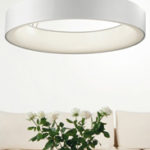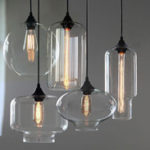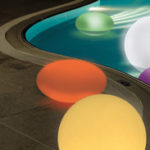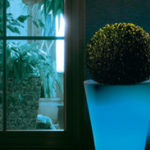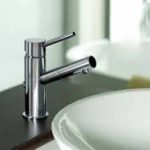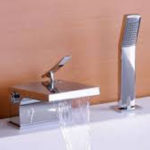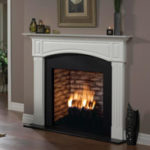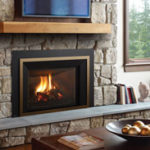Content
When you have a true food allergy, your immune system causes the reaction. True food allergies cause unpleasant symptoms such as hives, itching, swelling, stomach cramps, dizziness, vomiting and diarrhea. For many people, wine is the drink that causes them to sneeze. This is likely because wine contains histamines, which trigger allergies. If you’re allergic to wine, you may notice that you sneeze more after drinking it.
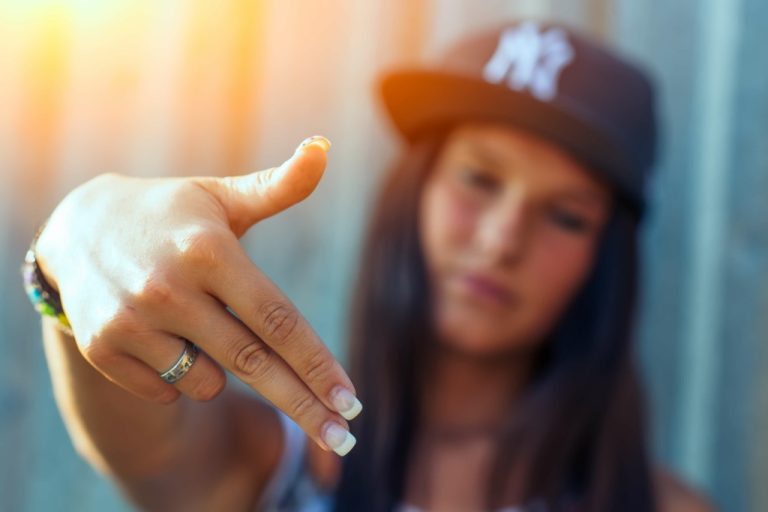
Red wine, as opposed to white wine, contains significantly more histamines. It is critical that alcoholic beverages are not consumed by anyone with a food allergy.
Why am I allergic to beer?
It is most alcohol and sneezing for nose bleeds to occur with a stuffy nose and flushed skin. It is a genetic condition in which the body cannot properly break down alcohol due to a lack of efficiency. Alcohol intolerance can cause immediate, uncomfortable reactions after you drink alcohol.

Symptoms are typically less serious and are often limited to digestive problems like gas, bloating, diarrhea, constipation, cramping and nausea. There are plenty of ingredients in beer that can make some people sick, even if they drink moderately, according to family medicine physicianMark Rood, MD. Read beverage labels to see whether they contain ingredients or additives you know cause a reaction, such as sulfites or certain grains.
Drinks That Are Most Likely To Make You Sneeze
Most likely, the reason for this is that alcohol dilates blood vessels in the nose. When you do this, you will become irritated and sneeze. The following are drinks that are more likely to make you sneeze than others. Sneezing can be caused by drinking alcoholic beverages, particularly spirits.
- When this blood-brain barrier isn’t protected as it should be, the brain is more susceptible to headache-inducing triggers.
- We have plenty of reasons on alcohol intolerances, allergies and what to do next.
- Allergic reactions to beer range from hives and swelling to severe anaphylaxis.
- Grape can trigger a hypertensive reaction in persons with hypertension or those prone to high blood pressure.
If you have any of these symptoms, you should seek emergency medical care. If you feel ill after drinking alcohol but don’t experience symptoms at any other time, it’s possible that you have an alcohol intolerance. Allergic reactions to alcohol can include rashes, itchiness, swelling, and stomach cramps. Alcohol intolerance symptoms are often more difficult to tolerate than allergy symptoms.
Tips to Manage a Beer Allergy
Another possibility is that the alcohol is causing the blood vessels in the nose to dilate, which can also lead to a sneeze. Finally, it’s possible that the person is allergic to something in the alcohol, such as the grain used to make beer or the grapes used to make wine. You can see a few of these symptoms can be more in line withallergic reactionslike hives, sneezing and wheezing . But most symptoms are more commonly from the food sensitivity or intolerance category.
- People can also have an oral allergy syndrome — a reaction to fresh fruit and vegetables that may be used as a garnish or a mixer in a cocktail, according to Bassett.
- At their worst, allergies can also cause life-threatening emergencies such as loss of consciousness oranaphylaxis.
- It is a genetic condition in which the body cannot properly break down alcohol due to a lack of efficiency.
- Although alcohol intolerance usually isn’t a serious issue as long as you don’t drink alcohol, you might want to discuss it with your doctor at your next appointment.
- Sneezing is usually not harmful, but it can be a nuisance.
Wine-intolerant persons were also more likely to report intolerance to beer and alcohol in general. Avoiding alcohol is the only sure way to prevent an alcohol-related reaction. Alcoholic beverages are made from complex mixtures of grains, chemicals, and preservatives that your body needs to break down. Uncontrollable sneezing pretty much all day when it happens along with inflamed sinuses and nasal discharge.

















































